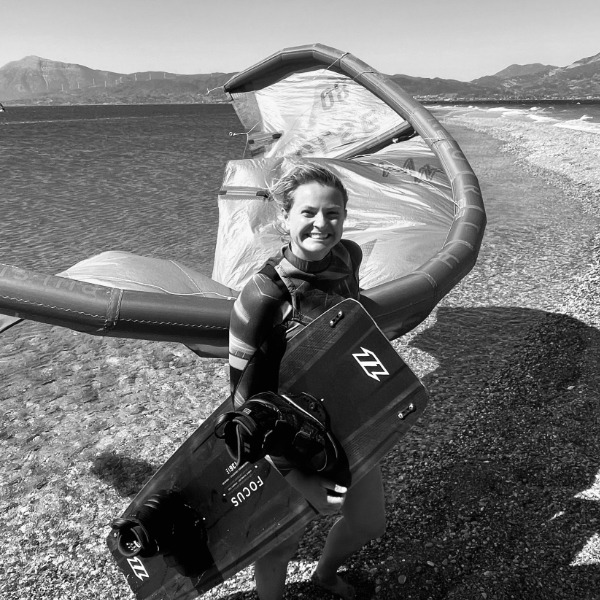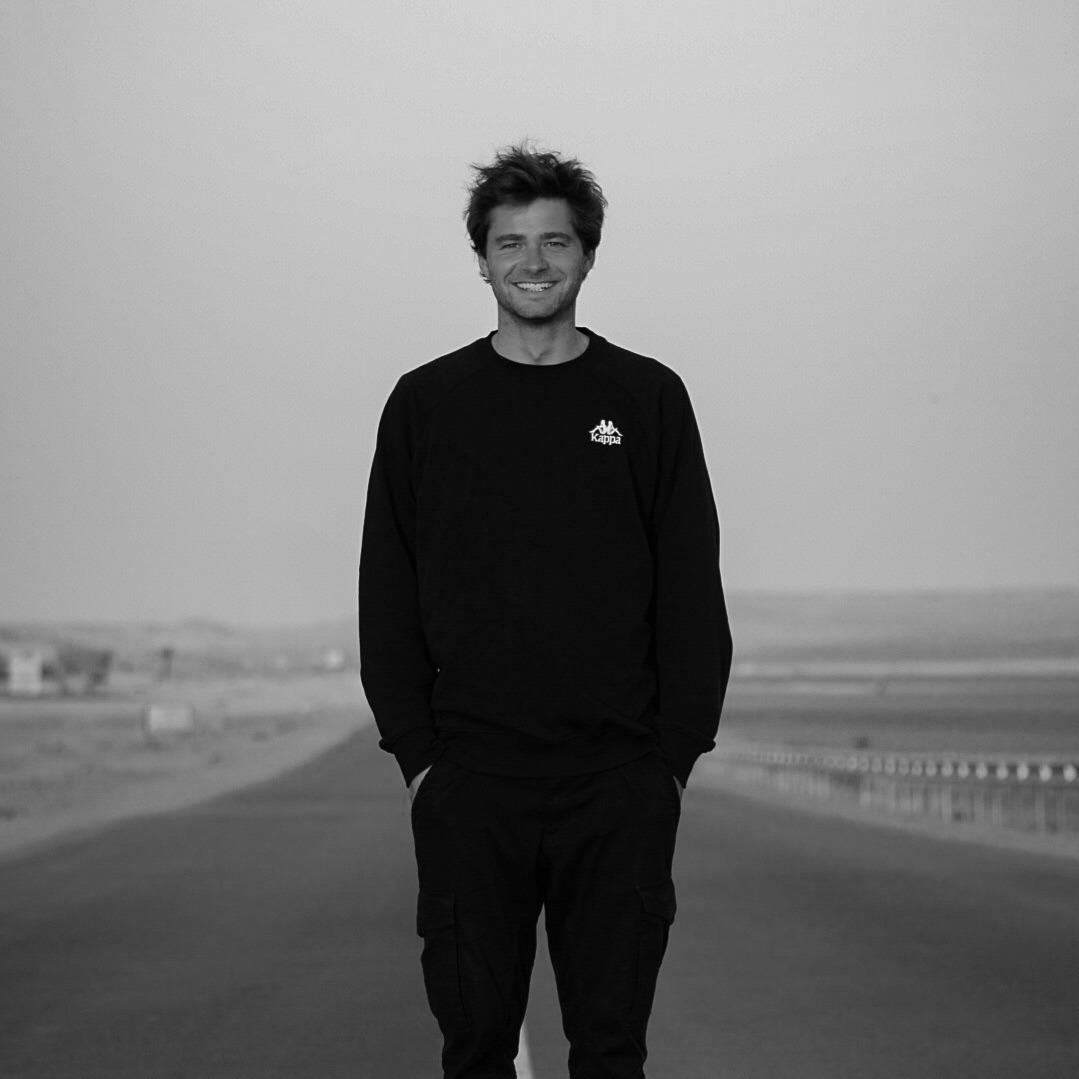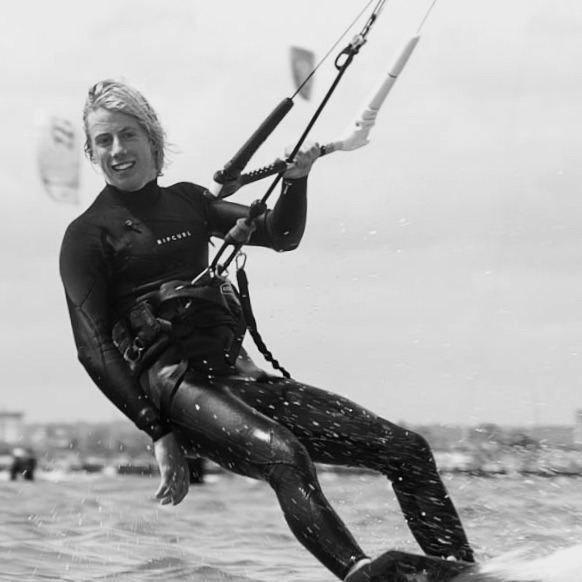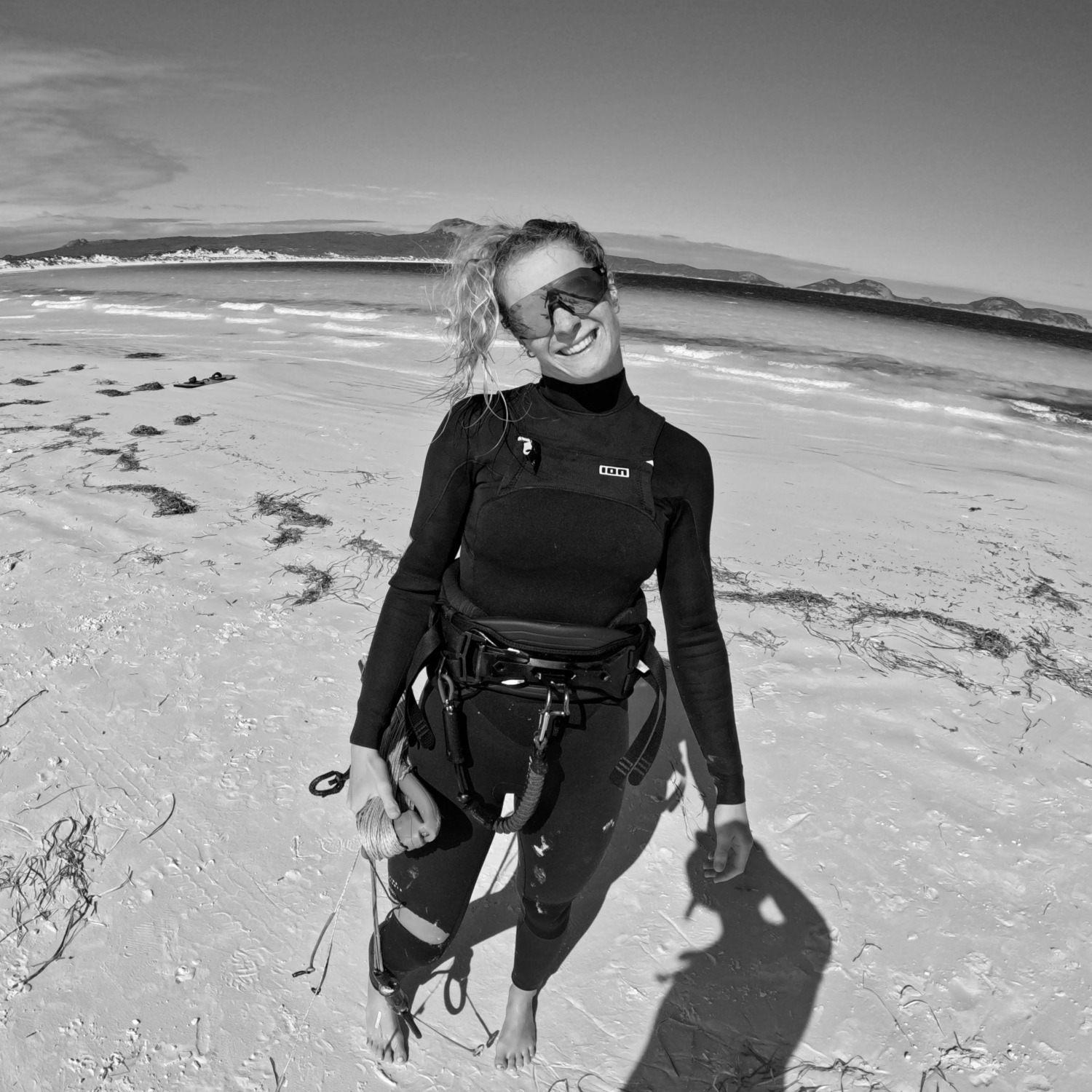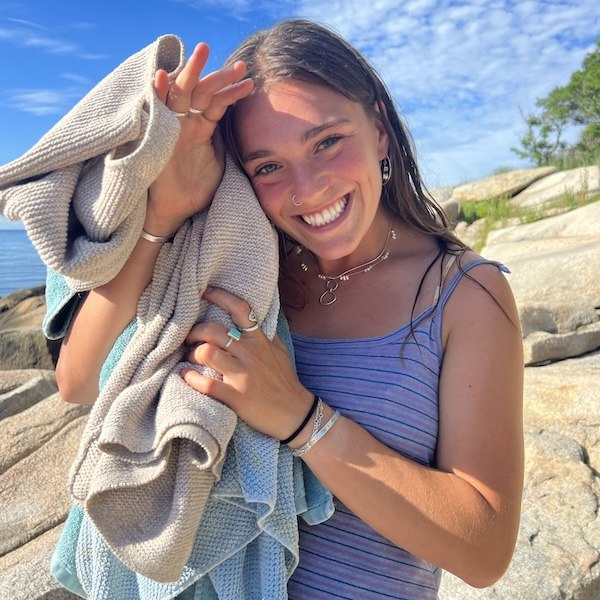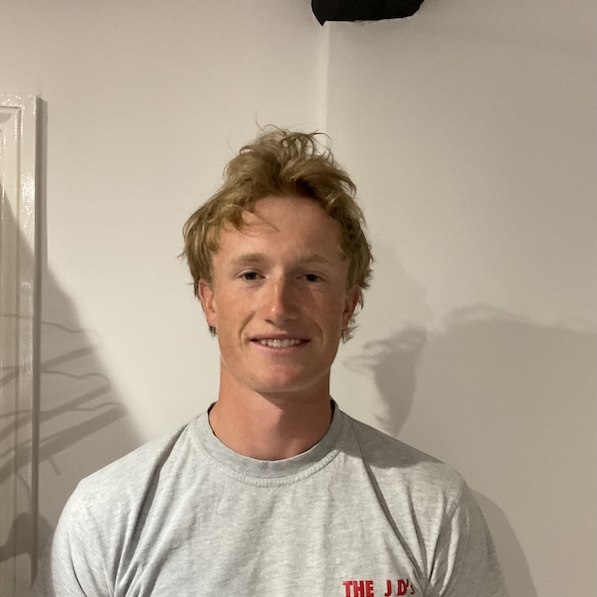2025-2026 School Year
Denmark / Brazil / Australia / Turkey
Fall 2025: Denmark / Brazil
August 24 - December 13

Q1 Denmark
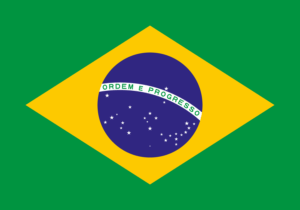
Q2 Brazil
Spring 2026: Australia / Turkey
January 18 - May 9

Q3 Australia
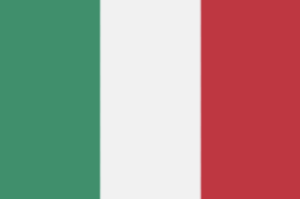
Q4 Sardinia
- August 24 - Students and staff meet in Denmark
- August 25 - Student Orientation
- August 25 - October 4 - Quarter 1
- October 4 - Students and staff depart for fall break
- October 26 - Students and staff arrive in Brazil
- October 27 - December 12 - Quarter 2
- December 13 - Students and staff depart for winter break
- January 18 - Students and staff arrive in Australia
- January 19 - March 6 Quarter 3
- March 7 - Students and staff depart for spring break
- March 8 - 28 - Spring break
- March 29 - Students and staff arrive in Turkey
- March 30 - May 8 - Quarter 4
- May 9 - Graduation
2026-2027 School Year
Brazil / South Africa / Colombia / Spain (Tenerife, Canary Islands)
Fall 2026: Brazil / South Africa
August 23 - December 12
Q1 Brazil
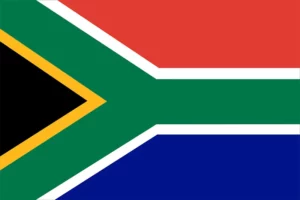
Q2 South Africa
Spring 2027: Colombia / Spain (Tenerife, Canary Islands)
January 17 - May 8
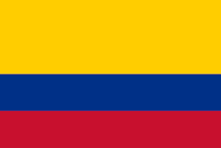
Q3 Colombia
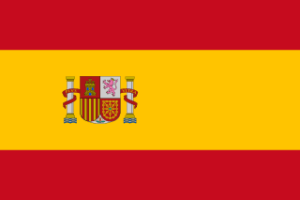
Q4 Spain
- August 23 - Students and staff arrive in Brazil
- August 24 - Student Orientation
- August 24 - October 3 - Quarter 1
- October 3 - Students and staff depart for fall break
- October 25 - Students and staff arrive South Africa
- October 26 - December 12 - Quarter 2
- December 12 - Students and staff depart for winter break
- January 17 - Students and staff arrive in Colombia
- January 18 - March 5 Quarter 3
- March 6 - Students and staff depart for spring break
- March 7 - 27 - Spring break
- March 28 - Students and staff arrive in Spain
- March 29 - May 7 - Quarter 4
- May 8 - Graduation
Food and Lodging
Food
The World Class team eats a variety of foods-- dependent primarily on the current destination. While abroad, the program will either cook or eat food prepared for us in restaurants or by hired chefs. We will eat Tajine in Morocco, Lomo Saltado y Ceviche in Peru, Tapioca in Brazil, Gallo Pinto in Costa Rica... wherever in the world we are at, eating is an extension of the cultural experience. While in the United States or Canada, students and staff rotate between cooking responsibilities using our own cooking equipment. World Class Academy caters to any dietary needs and promotes healthy food choices. We always offer vegetarian options at meals and can cater to vegan diets as well. It is important while training that students eat well-rounded, nutritious meals. Students and staff help with shopping trips, cooking and clean-up duty when preparing meals for the group. This is often one of the most important life lessons that students take home.
Lodging
While traveling both internationally and within the United States, the program looks for comfortable accommodations close to the kite launch. During our time abroad, accommodations usually include cabins, lodges, hostels and kite centers with sleeping facilities. When in the U.S., the program will usually stay at large rental houses, hostels, or campgrounds. Lodging varies depending on where in the world we are.
Our Faculty
World Class Academy relies on dedicated faculty who are professionals in the art of teaching, coaching, and outdoor leadership.
Polly Crathorne
1st Class M.A. in Human Geography from the University of Edinburgh
Merle Mönster
M.Sc. in Sports Science at the University of Innsbruck
Toni Leopold Leidl
M.Sc. in Sports Science at the University of Innsbruck, Cert. Physical Education Teacher University of Munich, Cert. Medical Mental Coach Vitalakademie Innsbruck
Jack Salmon
1st Class BSc in Natural Sciences from the University of Exeter
Millie Aldridge
1st Class BSc Business Economics from the University of Exeter
Claire Davies
B.S. Cell Biology and Neuroscience – Montana State University
Minor in Global Health and Hispanic Studies
Will Heathcote
B.A. – Biomedical Sciences – Southhampton University
